Check out this blog from Mark Carrigan, originally posted here
- It helps you become more clear about your ideas.
- It gives you practice at presenting your ideas for a non-specialist audience.
- It increases your visibility within academia.
- It increases your visibility outside academia and makes it much easier for journalists, campaigners and practitioners to find you.
- It increases your visibility more than a static site and allows people who find you to get an overall sense of your academic interests.
- It’s a great way of making connections & finding potential collaborators.
- It can provide an archive of your thoughts, ideas and reactions which can later be incorporated into more formal work.
- It makes it easier for people to find your published work and increases the likelihood they will read and cite it.
- Its informality and immediate accessibility can help make writing part of your everyday life rather than being a source of stress and anxiety.
- Its a great way to promote events and call for papers. Particularly if you blog regularly and your blog is connected to Twitter.
- It helps ensure you can continue to develop strands of thought which, for now, don’t have any practical implications but might at some point in the future.
- It encourages you to reflexively interrogate and organise your work, drawing out emergent themes and placing isolated snippets of commentary into shared categories.
- It allows you to procrastinate for a further 10 to 20 minutes before going back to NVivo in a useful(ish) way.
- It helps you build a community around your ideas and interests – Kath McNiff
- It allows you to start a conversation that other researchers can join using comments – Kath McNiff
- It’s a tremendous way to access additional relevant information/sources through the connections you make – @drdjwalker
- It can also be a great way to increase your sample size by crowd sourcing contributions and through public scrutiny help prepare you for the peer review process when the time comes to publish your work – @drdjwalker
- It’s a great way to get international and cross-disciplinary input and reflections on your research – @jess1ecat
- It’s a fabulous way to give back to the research community by providing links and resources for other researchers, give and you shall receive – @jess1ecat
- Reciprocity through blogging and Twitter shares builds your profile but importantly forges lasting connections to fellow researchers – @jess1ecat
- It allows you to publish ideas immediately without waiting two years while things go through peer review and more peer review and wait in a publishing queue – @CelebYouthUK
- It’s fun – @CelebYouthUK
- It’s a faster way to get your research findings out. Journal/book publishing and the peer-review/editing process can take FOREVER – @ajlusc
- Because C Wright Mills would have probably been a blogger. If not, he would at the very least have been a fan – @ajlusc
- It is an exercise in disciplined writing. Stuff that doesn’t get used in the bigger thesis project, published papers, and the like, can be glossed for a blog and thrown out for ‘collision’ with others’ ideas. That’s how better ideas get formulated – Ibrar
- It makes you a better writer – @drfigtree
- It allows raw uncensored ideas to be creatively expressed before stymied by a prolonged peer review process – @DrBenKoh
Any suggestions for more reasons? Put them in the comments box and we’ll forward them to Mark. If you’re on Twitter please include your twitter handle.

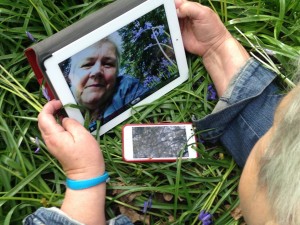 I am delighted to announce that
I am delighted to announce that 

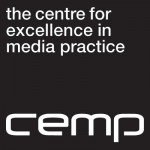


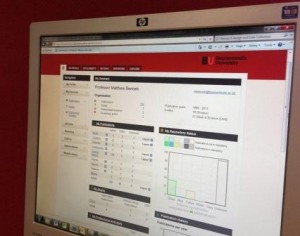

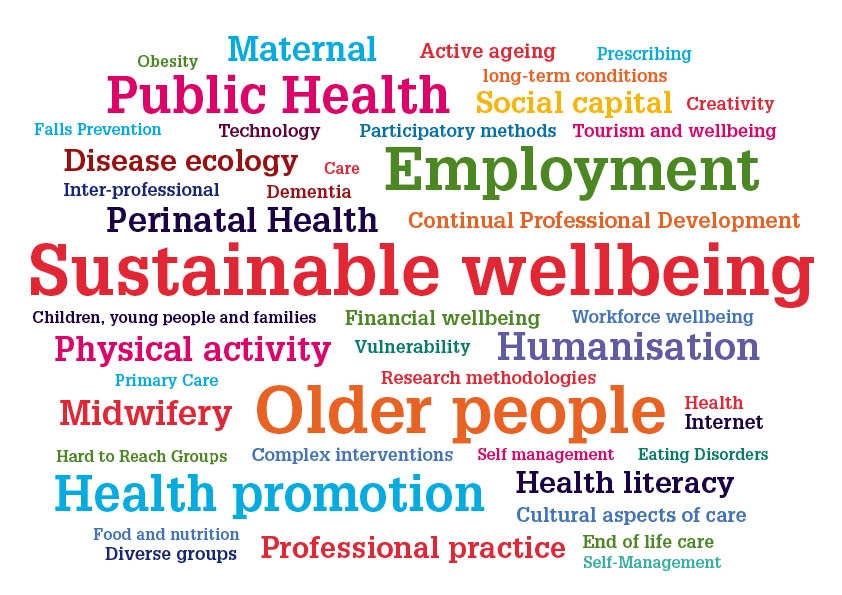
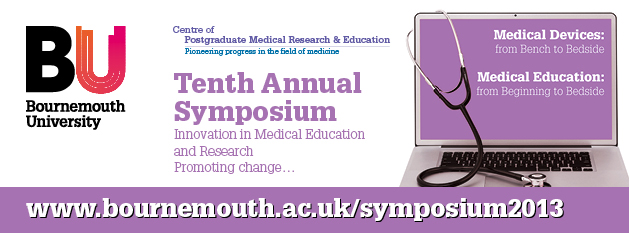
















 Expand Your Impact: Collaboration and Networking Workshops for Researchers
Expand Your Impact: Collaboration and Networking Workshops for Researchers Visiting Prof. Sujan Marahatta presenting at BU
Visiting Prof. Sujan Marahatta presenting at BU 3C Event: Research Culture, Community & Can you Guess Who? Thursday 26 March 1-2pm
3C Event: Research Culture, Community & Can you Guess Who? Thursday 26 March 1-2pm UKCGE Recognised Research Supervision Programme: Deadline Approaching
UKCGE Recognised Research Supervision Programme: Deadline Approaching ECR Funding Open Call: Research Culture & Community Grant – Apply now
ECR Funding Open Call: Research Culture & Community Grant – Apply now ECR Funding Open Call: Research Culture & Community Grant – Application Deadline Friday 12 December
ECR Funding Open Call: Research Culture & Community Grant – Application Deadline Friday 12 December MSCA Postdoctoral Fellowships 2025 Call
MSCA Postdoctoral Fellowships 2025 Call ERC Advanced Grant 2025 Webinar
ERC Advanced Grant 2025 Webinar Update on UKRO services
Update on UKRO services European research project exploring use of ‘virtual twins’ to better manage metabolic associated fatty liver disease
European research project exploring use of ‘virtual twins’ to better manage metabolic associated fatty liver disease